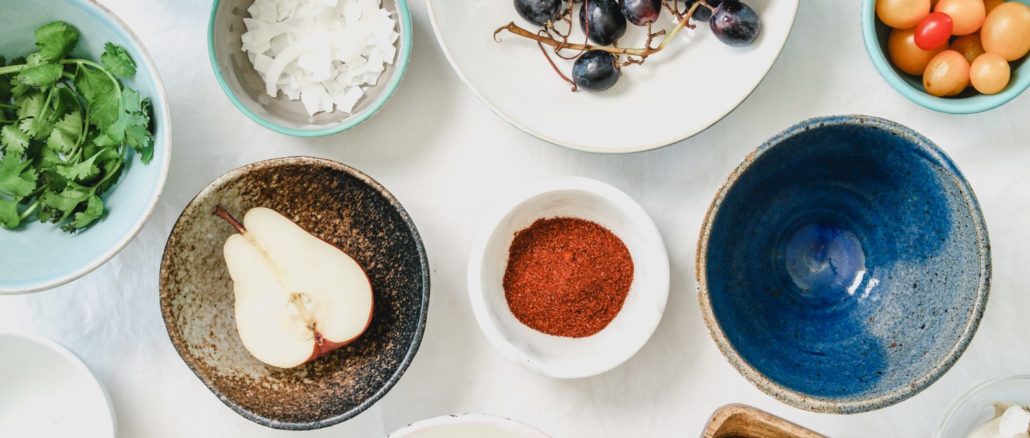
According to an article by The Sydney Morning Herald, there has been a new discovery made surrounding polycystic ovarian syndrome. PCOS is a hormonal condition where there are many partially formed follicles on the ovaries, each containing an egg. The condition has many side effects that include irregular periods, facial hair, weight gain and acne.
Corrinn Russell had suffered for eight years before receiving any relief from her polycystic ovarian syndrome.
After being diagnosed with the condition, which affects up to 21 per cent of reproductive age women, the 17-year-old was advised by doctors to try the contraceptive pill or a drug called Metformin, an insulin sensitiser that causes gastro side effects for about 50 per cent of people.
“I didn’t try it … I had girlfriends who had tried it and it didn’t work for them and they had terrible side-effects,” the 28-year-old hotel manager says now.
She did try the pill, but says it “never really sat well” with her.
“I didn’t want to have any medicine that was stopping me from ovulating when I was already having dramas with that.”
So, she lived with the symptoms; struggling with her weight, periods that sometimes didn’t come for five months, facial hair and acne. Other symptoms of PCOS include infertility, polycystic ovaries, metabolic disorders (e.g. insulin resistance, impaired glucose tolerance, type 2 diabetes mellitus, adverse cardiovascular risk profiles), and psychological disorders (e.g. anxiety and depression).
While doctors acknowledge that PCOS “causes significant distress to women” and costs Australians upwards of $400 million a year, up to 70 per cent of those with the condition remain undiagnosed and there is no cure.
Lifestyle intervention is recommended as PCOS is much more prevalent among those who are overweight or obese, but pharmaceutical medications are also commonly prescribed to manage specific symptoms.
Like Corrinn, many women do not want to take pharmaceuticals and do not want to swap one set of uncomfortable symptoms for another, with the side effects that often come with medications.
One recent survey found 99 per cent of respondents would prefer effective treatment alternatives to birth control pills and fertility drugs.
In a new study, National Institute of Complementary Medicine adjunct research fellow Dr Susan Arentz decided to put some of the most common lifestyle interventions to the test.
Seventy per cent of women with PCOS use additional complementary medicine and approximately two out of five use herbal medicine, so Arentz took 122 overweight women and split them into two groups.
Both groups were placed on the three-month program involving 150 minutes of exercise per week including 90 minutes of aerobic activity as well as a nutrition plan based on nutrient-dense foods, calorie content and low glycaemic index carbohydrates.
Only one group received the herbal extracts.
“The herbal ingredients were selected based on the evidence for reproductive endocrine effects and tailored to wider presentations of PCOS guided by naturopathic principles,” Arentz writes in the paper, which was presented at the Fertility Society of Australia Annual Conference 2017 in Adelaide and the European Society of Human Reproduction and Embryology (ESHRE) Annual Meeting in Geneva.
“At the end of three months, about half of the women in the herbal group had a regular menstrual cycle – and only just under a quarter in the lifestyle,” Arentz says.
“Women lost a lot more weight, they had better blood concentrations of hormones – so their fasting insulin was much better for example, significantly more women conceived, there was less depression, less anxiety and stress.
“About 40 per cent of women with PCOS are reported to have mild to moderate or severe depression so that was a really important thing to find.”
Russell was told about the study by her cousin.
“For the first month I was that big that I couldn’t really do much at all – I would get really puffed and I was smoking cigarettes so I was really quite unhealthy,” Russell says. “Within that first four weeks, just taking the tablets, watching what I was eating and doing half an hour’s worth of walking, I lost eight kilos. I’d never had anything like that that had worked for me before.”
As she began to feel better, she increased her exercise, joining Curves gym and walking at night.
“I’d get facial hair and I used to get really terrible acne underneath my chin area. Sometimes I wouldn’t get a period for four to five months,” she recalls of her symptoms before the study started, “and they just started coming back.”
Along with her periods becoming regular again, “all my symptoms went” and she dropped from 90 to 66 kilograms.
Arentz advises women “to be critical and not blindly use anything that they’ve heard about” and suggests those seeking complementary treatments seek a qualified practitioner who is registered with the Naturopaths and Herbalists Association.
“PCOS is a really complex condition,” Arentz says. “Nothing works for everyone, even with the pharmaceuticals, that’s the case.”
But, she says her research shows lifestyle changes and herbal medicines can make a “significant” difference.
“There’s evidence of its effectiveness so it does offer some hope to women.”
SheSociety is a site for the women of Australia to share our stories, our experiences, shared learnings and opportunities to connect.

Leave a Reply